Britain & Ireland
Women and social history can be overlooked themes in periods where records tended to focus on money, religion and Kings. While those latter themes are covered in this section so are features on individual women, their relationships with power and how they were able to influence politics and the people around them. Social history is also addressed through the stories of Hermits, soldiers, tax records and revolting peasantry with nobles. Read more
Sort by:
Date (Newest first) | Title A-Z
Show:
All |
Articles |
Podcasts |
Multipage Articles
-
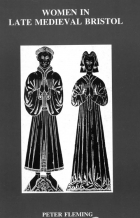
Women in Late Medieval Bristol
ArticleClick to view -
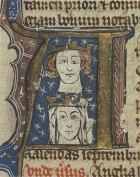
Queenship in Medieval England: A Changing Dynamic?
ArticleClick to view -
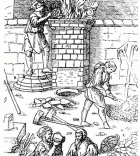
The Thirteenth Century Industrial Scene in England
ArticleClick to view -
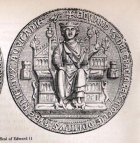
The Thirteenth Century Rural Scene in England
ArticleClick to view -
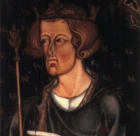
The Thirteenth Century Political Scene in England
ArticleClick to view -
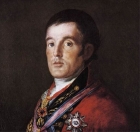
The Undergrowth of History
ArticleClick to view -

Norman Barons
ArticleClick to view -
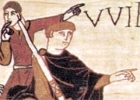
William the First and the Sussex Rapes
ArticleClick to view -
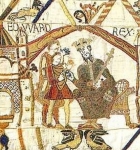
Edward the Confessor and the Norman Conquest
ArticleClick to view -

An Intimate History of Your Home - Lucy Worsley
ArticleClick to view -
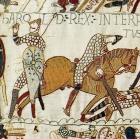
Harold Son of Godwin
ArticleClick to view -
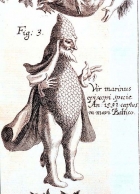
Medieval 'Signs and Marvels'
ArticleClick to view -
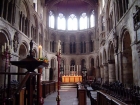
Smithfield's Bartholomew Fair
ArticleClick to view -
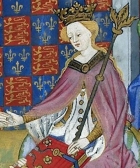
Podcast lecture: Mad or Bad? Was Henry VI a tyrant?
ArticleClick to view -
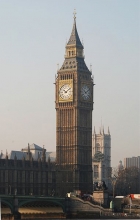
The Origins of Parliament
ArticleClick to view -
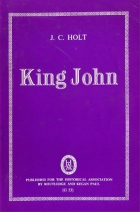
King John
ArticleClick to view -

Towards Reform in 1809
ArticleClick to view -
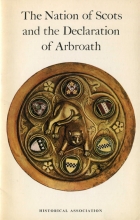
The Nation of the Scots and the Declaration of Arbroath
ArticleClick to view -
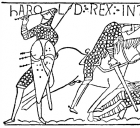
The strange death of King Harold II: Propaganda and the problem of legitimacy in the aftermath of the Battle of Hastings
ArticleClick to view -
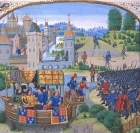
The Great Revolt of 1381
ArticleClick to view

